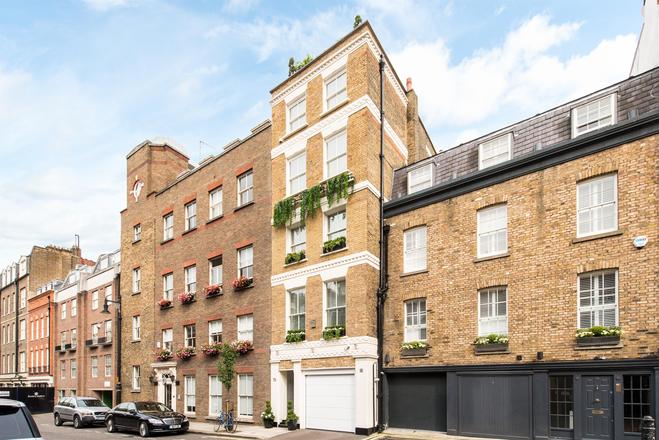Activity levels on the UK property market are slowing down as the nation enters its prime buying season over spring and summer. Uncertainty in political matters have been lingering over potential buyers and sellers, and with the addition of the upcoming general election on 8th June, healthy activity levels are not likely to resume until after the outcome is revealed.
In 2016, Britain faced stamp duty increases of three percent in March, the EU referendum in June, and knock on effects to the market from the US general election in November. With these central issues leading to unpredictable shifts in the market, it is unsurprising that hesitation is rising around the next issue facing the nation.
Property values declined after the outcome of the EU referendum was announced, which resulted in a new average property value of £214,140. The number of new homes registered on the market also decreased, with a drop of 62 percent in London and 15 percent across the rest of the country. September looked promising for investors as house prices started to rise, and it was then that the Royal Institution of Chartered Surveyors (RICs) predicted that they would continue to grow for five years, at a rate of 3.3 percent.
The latest findings by RICs, however, has revealed remarkably poor numbers of new properties entering the market of late and blame this mostly on the increased stamp duty costs. Buyers looking to avoid the additional fees are investing funds into their existing properties, rather than buying new. This behaviour can also be said of landlords who have felt the strain of the extra costs excessively and have slowed their buying habits, in turn reducing investor demand on the market as a whole. Demand is likely to continue falling close to a halt until buyers can be sure of some predictability
Inflation is on the rise, while salary growth falls behind
Property values fell again in March and April, at a rate of 0.3 and 0.4 percent, respectively. It is not only political affairs that are affecting the market, but rising inflation and weak salary growth are also taking its toll. Inflation has been rising as the value of the pound falls and is expected to reach three percent in the coming months.
Weak salary growth is causing affordability pressures around the nation, with the current house price almost six times over the average household income and close to double that in London. This ratio is an enormous strain from the 4.5 times in 2016. Additional pressures are applied to both sellers and buyers alike as annual house price growth falls to 2.6, the lowest since June 2013, and is expected to continue falling until it reaches two percent.
Astonishingly, the more affluent end of the market appears to be holding its ground, with properties priced over £500,000 remaining relatively stable. Activity levels in this range have only dropped by 14 percent, and some prime neighbourhoods around London have seen some positive changes. Mayfair had 25 percent more properties added to the market in 2016, compared to 2015 and flats were 40 percent up. Property values did fall in 2016, but on completed sales, asking prices achieved were only down by three percent.
UK real estate will grow, even in the event of a hard brexit
Despite the current slump, the UK property market is predicted to stabilise come 2018. Not before London house prices fall a further 1.5 percent this year though. Due to costs of living and the additional stamp duty costs, London is anticipated to endure a more difficult recovery than other large cities in the UK.
Cities such as London and Cambridge, who usually grace the top of the house price growth list have recently reported growth rates of 4.9 percent and 1.7 percent, respectively; where other cities that do not usually experience such high growth have been moving up the list.
Although the cost of living has reached a 12-year high in some areas, Manchester, Birmingham, and Newcastle have all recorded solid figures, with growth rates of 8.8, 8.1, and 5.6 percent, none of which have been seen since 2005.
Regardless of a hard Brexit, house prices are likely to grow from 2018 to 2022 at a rate of nine percent, and London is expected to make a full recovery, and remain a place for buyers to trust and expect delivery on their investment.



 Bitcoin
Bitcoin  Ethereum
Ethereum  Tether
Tether  XRP
XRP  Solana
Solana  USDC
USDC  Cardano
Cardano  TRON
TRON  Lido Staked Ether
Lido Staked Ether  Avalanche
Avalanche  Toncoin
Toncoin